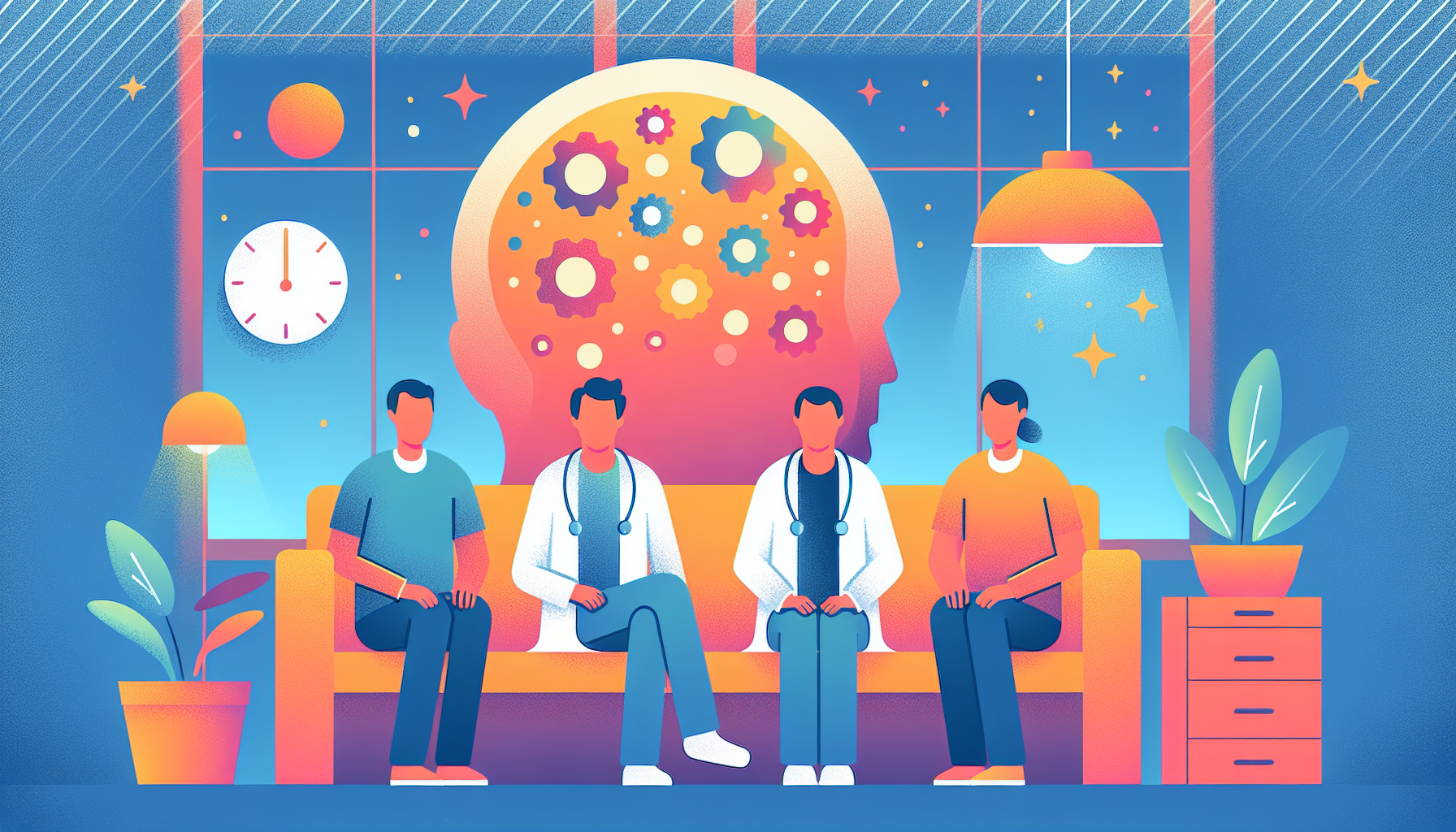Utah Becomes the First State to Let AI Handle Prescription Refills
Utah just made history: it's the first US state to let an AI system renew prescriptions on its own. The program covers people who are already taking medications for [...]
Read More
Medically reviewed by Benjamin Seth Martinez | MD, Statpearls - Director of Clinical Content on November 26th, 2023.
Neuroleptic malignant syndrome (NMS) is a rare but potentially life-threatening reaction to antipsychotic drugs used to treat mental health conditions such as schizophrenia and bipolar disorder. NMS affects the nervous system, causing symptoms like high fever and muscle stiffness. While serious, NMS is treatable, and most people who receive early treatment make a full recovery.
NMS is very rare, affecting only about 1 to 2 out of every 10,000 people who take antipsychotic drugs. All antipsychotic drugs can cause NMS, including older medications like chlorpromazine (Thorazine) and haloperidol (Haldol), as well as newer "atypical antipsychotics" like aripiprazole (Abilify) and quetiapine (Seroquel). These drugs block a brain chemical called dopamine, which can lead to muscle stiffness and rigid movements, particularly in people with Parkinson's disease.
Some factors that may increase the risk of developing NMS include:
Taking a high dose of the antipsychotic drug
Quickly increasing the drug dosage
Receiving the medicine as an injection
Switching from one antipsychotic drug to another
Certain drugs used to treat nausea and vomiting, such as metoclopramide (Reglan) and prochlorperazine (Compazine), can also cause NMS because they block dopamine. Additionally, people who take drugs for Parkinson's disease, such as levodopa, can develop NMS if they stop taking their medicine too quickly.

NMS symptoms often start within 2 weeks of starting the antipsychotic medicine or changing the dosage. Sometimes, symptoms may appear a few days after starting the medication or even months later. The main symptoms of NMS include:
High fever (102-104°F)
Muscle stiffness
Excessive sweating
Anxiety or other changes in mental state
Fast or abnormal heartbeat
Rapid breathing
Increased saliva production
If left untreated, NMS can lead to serious complications such as kidney failure, heart and lung failure, liver failure, lack of oxygen in the body, aspiration pneumonia, and increased acid levels in the body.
To diagnose NMS, your doctor will ask about the medications you take and look for the main symptoms: high temperature, stiff muscles, and an altered mental state. They may also perform tests such as blood and urine tests, brain imaging scans, spinal fluid tests, and an electroencephalogram (EEG) to rule out other conditions with similar symptoms, such as serotonin syndrome and malignant hyperthermia.
NMS is treated as a medical emergency to lower the risk of complications. Treatment typically involves stopping the antipsychotic drug that caused the syndrome and providing supportive care in a hospital intensive care unit. This may include:
Medications to relax tight muscles, such as dantrolene (Dantrium)
Parkinson's disease drugs that increase dopamine production, such as amantadine (Symmetrel) or bromocriptine (Parlodel)
Electroconvulsive therapy, if medications are ineffective
NMS usually improves within 1-2 weeks with proper treatment. After recovery, most people can resume taking antipsychotic medication, although the doctor may switch to a different drug. Close monitoring is essential, as NMS can recur. The longer a person waits to restart antipsychotic drugs, the lower the risk of NMS recurrence.
Neuroleptic malignant syndrome is a rare but serious reaction to antipsychotic drugs used to treat mental health conditions.
Symptoms of NMS include high fever, muscle stiffness, excessive sweating, and changes in mental state.
Prompt medical attention is crucial if NMS is suspected, as delays in treatment can lead to serious complications.
With proper treatment, most people recover completely from NMS.
Early recognition within the first 24-48 hours is critical since delayed treatment significantly increases the risk of complications like kidney failure and death. Most patients recover completely within 1-2 weeks when treated aggressively in a hospital setting. If you're taking antipsychotics and develop high fever with muscle stiffness, Doctronic can help you assess these symptoms quickly.
Utah just made history: it's the first US state to let an AI system renew prescriptions on its own. The program covers people who are already taking medications for [...]
Read MoreUnderstanding Mounjaro and Its UsesMounjaro is a prescription medication commonly prescribed for managing type 2 diabetes. It belongs to a class of drugs that help regulate [...]
Read MoreUnderstanding Hydrocortisone Uses and DosagesHydrocortisone is a versatile medication primarily used to reduce inflammation and suppress the immune system in various [...]
Read More